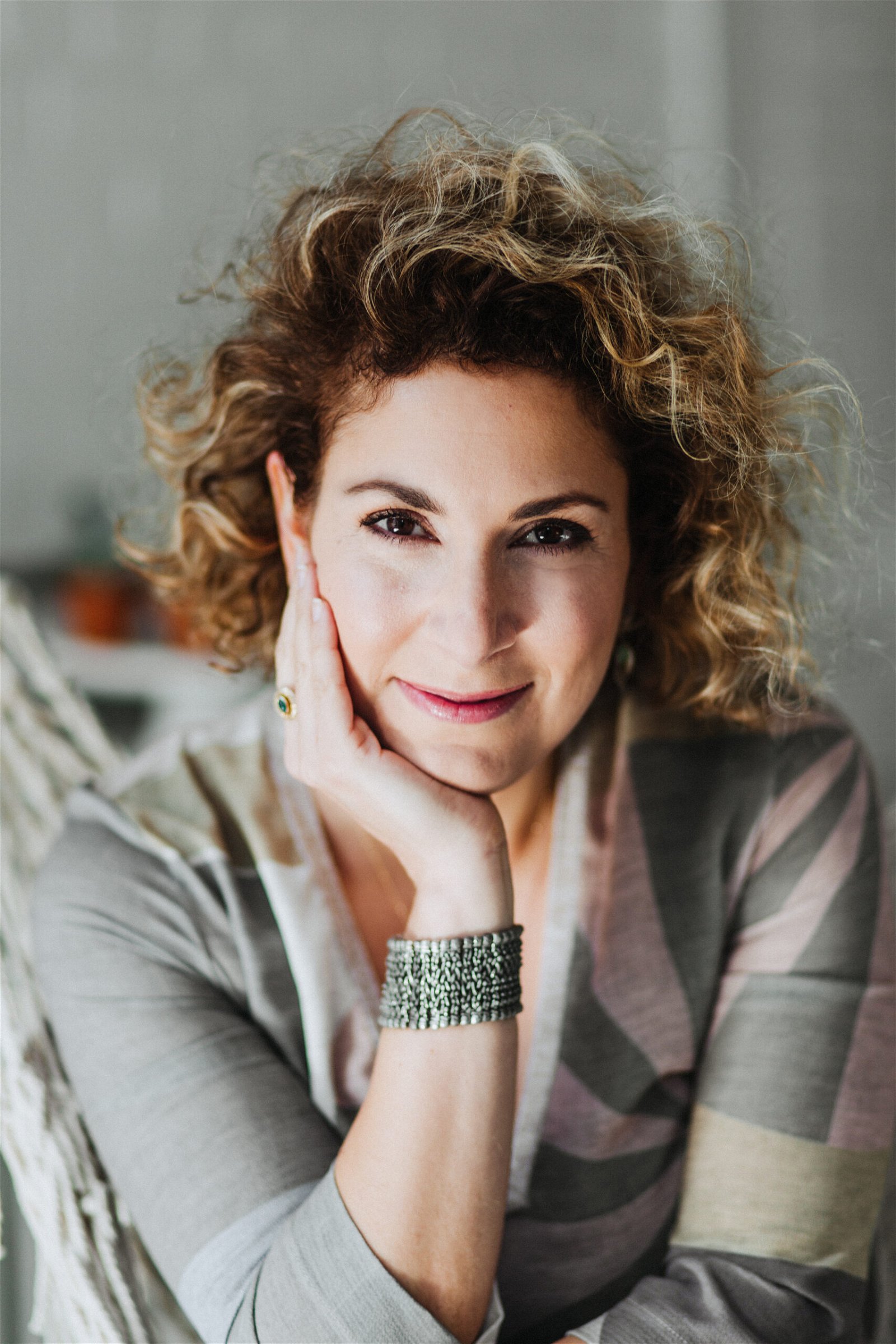French poet Charles Baudelaire once said, “It seems to me that I would always be better off where I am not, and this question of moving is one of those I discuss incessantly with my soul.”
Camp Haiastan in Massachusetts, the Hamazkayin “Ani” Dance Ensemble in Montreal, the AYF globally, the Sourp Hagop Day School in Montreal, Birthright Armenia in Yerevan—these institutions are just a few that have helped shape my reality and identity as an Armenian living in the Diaspora. I have developed a belonging to these places, even a longing, but yet I wonder, where and what is home for me?
As Armenians living in the Diaspora, we are faced with multiple attachments to people and places around the world. Our condition is a complex reality, as we try to negotiate a sense of belonging to ancestral homes our grandparents were forced to leave; to birthplaces in the Middle East, such as Syria and Lebanon, that gave refuge to survivors to the Armenian Genocide; to the lands of promise in North America; to current day Armenia; and to various cities across the world where Armenians maintain communities.
This question of “where is home” for me and for other Armenians scattered across the Diaspora is what originally triggered my desire to write a Master’s thesis on this subject in 2005 while attending graduate school at McGill University. In July 2008, the very same thesis was selected by a German publisher and launched as a book entitled “Collective Memory and Home in the Diaspora: The Armenian community in Montreal.”
My book seeks to understand how individuals residing in the Diaspora tend to recreate incarnations of surrogate “homes” miles away from their homeland. More specifically, I examine the establishment of the two largest Armenian community centers in Montreal (the AGBU Center and the Armenian Community Center), in order to understand how these spaces physically and symbolically articulate “home.” I demonstrate how such spaces reconcile a community’s local reality with a distant homeland. By doing so, I consider whether this idea of community centers representing extended “homes” in the Diaspora, indicative of the homeland, is still valid in the world’s current transnational and globalized context. And finally, I examine how the spaces of Armenian community centers embody collective memory in relation to distant pasts, and the various ways in which this part articulates itself in the present.
Based on my research and on interviews I conducted with individuals representing various generations who are active within their centers, not surprisingly Armenia remains an important element in relation to the centers’ existence. Yet, with the rise of economic and cultural models promoting global unity, I argue that these community centers challenge the naturalized centrality of the homeland, an idea associated with classic notions of the Diaspora.
By breaking the linear relationship between host society (in this case Montreal) and Armenia, a much more dynamic relationship emerges and characterizes Armenian community centers, as well as our identities. Basing ourselves on the classic Diaspora-homeland relationship is too narrow of an understanding when addressing our experiences.
Instead, other communities come into play, as we belong to a network of other Diasporan communities across borders, such as Beirut, Aleppo, Paris, Boston, San Francisco, and Sao Paulo, to name just a few. I argue that this idea of home is not so much an actual location, but a sentiment we may experience in more than one location, always accompanied with a tinge of uneasiness, as our identities are far from being fixed and stagnant realities.
Writing my thesis, it soon became clear that my place in the Diaspora was not clearly defined; rather, it is constantly transforming. Sure, my day-to-day reality unfolds in Montreal, but I can potentially “feel at home” whether in Yerevan, Marseilles, New York, Los Angeles, or Toronto, especially in places where I maintain various social and family networks. So, I like to think that there is constant movement—whether virtual (through communication technology such as the internet or satellite TV) or physical (through travel)—involved in the life of a Diasporan.
Looking back at my own personal trajectory, including internal deliberations and travels, one thing is for certain: I have accepted what I think I have always known, but was not ready to fully assume in the past—that my place in the Diaspora will forever fluctuate … and I wouldn’t want it any other way.
Collective Memory and Home in the Diaspora: the Armenian Community in Montreal (2008, VDM Verlag, Germany, paperback, 108 pages) is available for sale at major online book vendors such as Amazon, Barnes and Noble, and Borders.



Hi there,
I found your post while googling “where is home?” and I thought it would be interesting to tell you that what you feel is common amongst expatriates/immigrants/diasporas from any country.
I don’t know how far you reasearched about this, but there is a term sociologysts call Third Culture, which means that the culture that forms you is a blend of the first (Armenian) and the second (Canadian) culture. And people who grow up in this mix of cultures are by them called Third Culture Kids or Cross-Cultural Kids.
If this is new to you, I think you will like to visit http://www.tckid.com, a website created by people like you (and me!), where we share our stories. There are also many links to resources about this culture and belonging subject.
For the record, I am a 27-year-old British-Brazilian, and I’m also currently (as always) searching for a home, a sense of belonging.
Hope you enjoy the site!
Maira